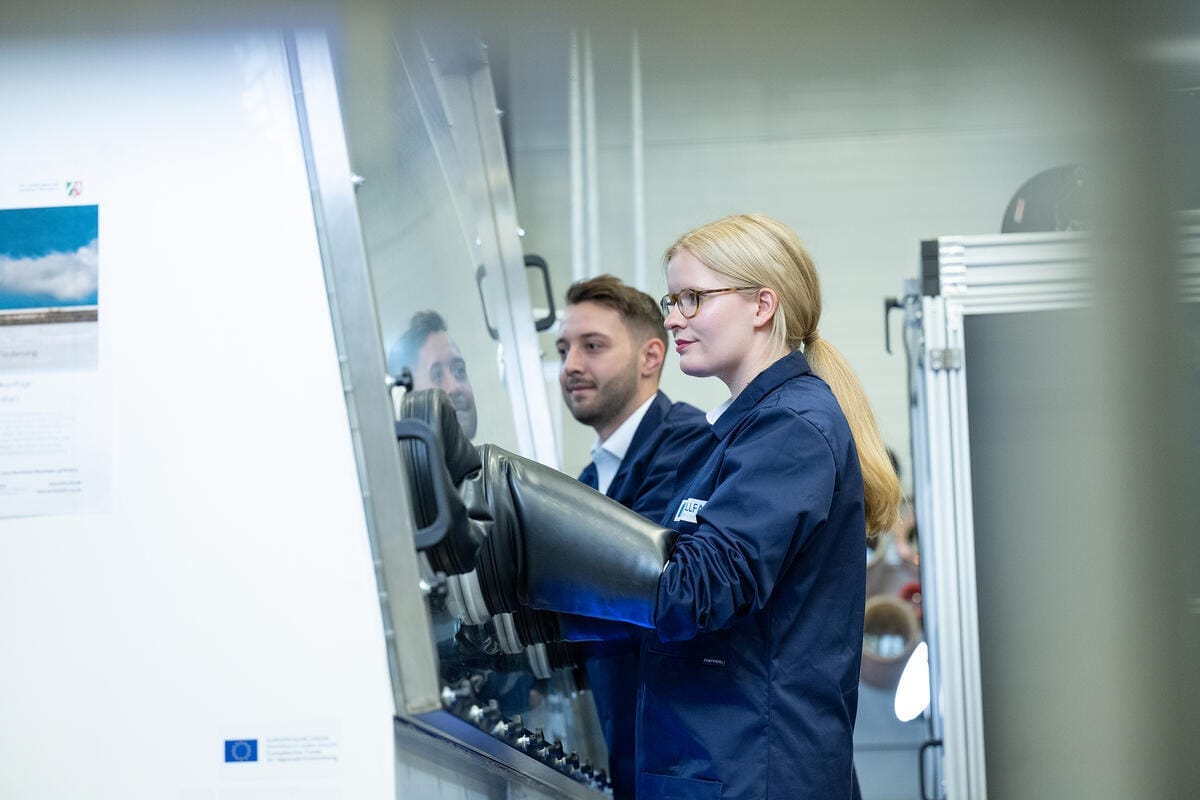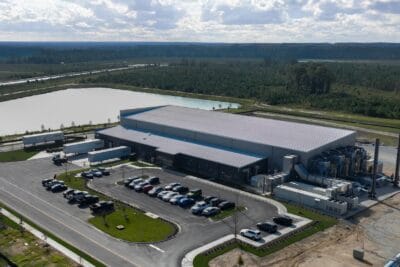German PEM project “CellLab” aims to improve battery production
The “CellLab” project will focus on the link between production processes and battery performance. The aim is to establish a modern analytics infrastructure that allows precise insights into the entire production chain and sets new standards in quality assurance. The project will run through till March 2028.
“Small and medium-sized industrial companies often lack the resources to set up their own analytics infrastructure for battery production research, which prevents innovations where they would be perfectly possible,” says PEM Director Professor Achim Kampker. The project should enable SMEs that do not have sufficient capital for these kinds of analytics tools to benefit from the project’s results. Such firms will be able to access laboratory data and analyses and use this information to optimise their own production processes.“With CellLab, we are creating the conditions for data-driven innovations in battery production,” explains Kampker.
Funded by the state of North Rhine-Westphalia, a laboratory will be set up to ensure the reproducible and safe use of state-of-the-art measuring instruments. This new laboratory will be integrated into the existing “CellFab” research platform, an industry-oriented, prototype production line for battery cells. CellFab already covers the entire process chain from electrode production to cell finalisation. This infrastructure is now being expanded to include highly developed “in-process” sensors and “post-process” analysis tools that provide valuable data on material and product quality during and after production.
Other advantages of the project will involve different processes in cell production, as PEM Management Member Professor Heiner Heimes explains, “With the analytical instruments, it will be possible to identify previously hidden characteristics of starting materials, intermediate products, and battery cells without external environmental influences.” Among other things, this should allow more precise predictions to be made about cell performance, which the project partners consider a decisive step towards optimised production.
A central goal is to identify previously undetectable sources of error by linking laboratory data and production data, thereby increasing the efficiency of production. “Production data alone is often not enough to develop comprehensive models – for example, for the calendering process,” notes Heimes.
The PEM Chair is one of the leading institutions for electromobility in Germany. Chair holder Achim Kampker was once one of the founders of StreetScooter, the e-transporter developed in cooperation with Deutsche Post. The PEM was most recently involved in the “InForm” project, which developed an AI-supported process that should allow battery cell properties to be optimised and assessed much earlier than before. A PEM study on the potential of a solid-state battery industry in Europe also made waves.





0 Comments